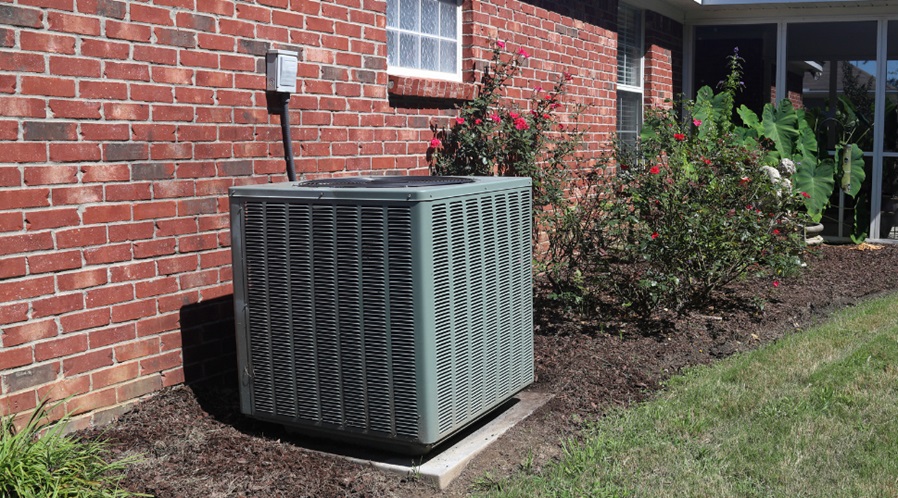In North Port, Florida, where temperatures can soar during summer and dip in winter, a reliable HVAC system is essential for year-round comfort. But have you ever wondered how these complex systems actually work? Let’s dive into the inner workings of HVAC in North Port and explore the technology that keeps our homes and businesses comfortable.
The Basics of HVAC Systems
HVAC stands for Heating, Ventilation, and Air Conditioning. These systems are designed to regulate temperature, humidity, and air quality in indoor spaces. Whether you’re cooling down during a hot Florida summer or warming up on a chilly winter night, your HVAC system is hard at work.
Components of an HVAC System
- Thermostat: The brain of the system, controlling when and how the HVAC operates.
- Furnace: Heats air and distributes it throughout the building.
- Air Conditioner: Cools and dehumidifies the air.
- Ductwork: Channels for distributing heated or cooled air.
- Vents: Openings where conditioned air enters rooms.
How Heating Works
In North Port, heating might not be used as frequently as cooling, but it’s still an important part of the HVAC system. When the temperature drops below the thermostat setting, the furnace kicks in. It burns fuel (usually natural gas or oil) to heat air, which is then blown through the ductwork and into your living spaces.
The Cooling Process
Air conditioning is crucial in North Port’s warm climate. When the thermostat detects that the indoor temperature is higher than the set point, it signals the AC to start. The process involves:
- Evaporation: The refrigerant absorbs heat from indoor air.
- Compression: The refrigerant is pressurized, raising its temperature.
- Condensation: Heat is released outside.
- Expansion: The cooled refrigerant returns to repeat the cycle.
Ventilation: The Unsung Hero
Proper ventilation is essential for maintaining good indoor air quality. It helps remove pollutants, control humidity, and ensure a steady supply of fresh air. Modern HVAC systems often incorporate advanced filtration systems to trap allergens and other particles.
UV lights for HVAC systems are becoming increasingly popular as an additional measure to improve air quality by killing airborne bacteria and mold spores.
Energy Efficiency and Innovations
As energy costs rise and environmental concerns grow, HVAC manufacturers are focusing on developing more efficient systems. Some innovations include:
- Smart thermostats that learn your preferences and optimize energy use
- Variable-speed compressors that adjust output based on demand
- Zoned systems that allow different temperatures in different areas of your home
Maintaining Your HVAC System
Regular maintenance is key to ensuring your HVAC system operates efficiently and lasts longer. This includes changing filters, cleaning coils, and scheduling professional inspections.
Choosing the right HVAC contractor is crucial for proper installation and maintenance, ensuring your system performs optimally year-round.
Conclusion
Understanding how your HVAC system works can help you make informed decisions about maintenance, upgrades, and energy use. In North Port, where climate control is essential for comfort, a well-functioning HVAC system is more than just a luxury—it’s a necessity for quality living. By taking care of your system and staying informed about new technologies, you can ensure a comfortable indoor environment while potentially saving on energy costs.

